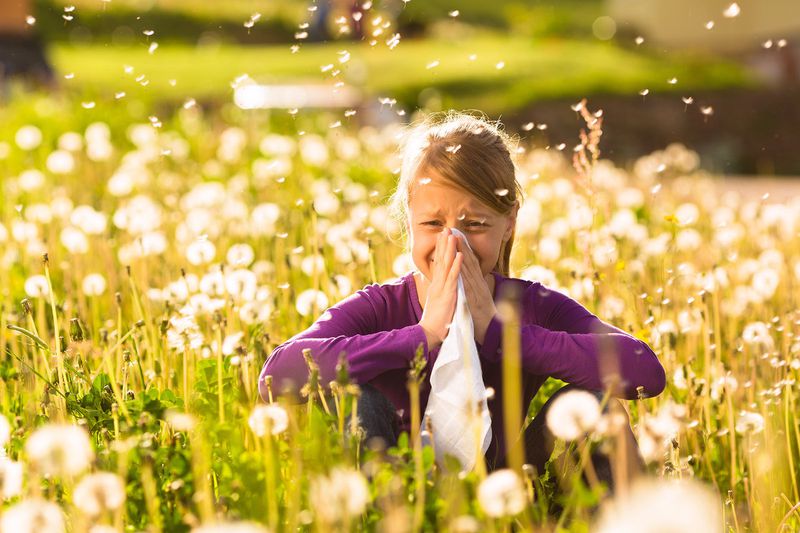It’s common to hear parents say, “Let him play in the dirt so he doesn’t get sick as much,” in reference to their young children. It is a popular belief that when children come into contact with microbes in the environment, their immune systems become stronger.
This belief is called the hygiene hypothesis, and to be more specific, it posits that microbial exposure during the first years of life prevents the development of later allergic diseases. However, A new study Published in Scientific immunology questioned this assumption.
Are children who play with dirt and mud more immune?
Researchers at the Karolinska Institutet analyzed the incidence of allergy-like symptoms in two populations of mice. One group was the “clean” mice. that were raised in traditional laboratory conditions (environments almost completely free of microbial content), and another group consisted of “wild” mice which were genetically identical to laboratory mice, but were raised in “dirty” cages which help create a diverse microbiota in the group.
“The immune system of wild mice better represents the human immune system.” and we hope that they can bring us closer to the truth about how microbes act in the body,” says Jonathan Coquet, co-author of the study and associate professor at the Department of Microbiology, Tumors and Cell Biology at Karolinska Institutet in Sweden.

According to the hygiene hypothesis, one would expect the immune systems of “wild” mice to be more resilient than those of “clean” mice. But it didn’t happen that way, and they showed that “Wild” mice are just as likely, if not more likely, to develop pathological allergic immune responses than “clean” laboratory mice.
“It was a little unexpected, but it suggests that it’s not as simple as saying, ‘a dirty lifestyle will stop allergies, while a clean lifestyle can trigger them.’ There are probably very specific contexts in which this is true, but it may not be a general rule,” says Coquet.
In his workshop, The researchers found very little evidence that the antibody response was impaired. or that the function of immune cells, called T cells, has changed significantly. Anti-inflammatory responses caused by good intestinal bacteria also do not appear to be able to deactivate the allergic immune response. In contrast, wild-type mice developed strong signs of pathological inflammation and allergic responses when exposed to allergens, a statement explains.
These results contribute to understanding how allergies can arise and that the solution to the increase in allergies is not to abandon hygiene standards. “If you want to live a dirty life,” Coquet said Technology networks , “You’re going to have more problems than you create solutions, because more things are going to kill you.”
Additionally, the study could have clinical implications, because in clinical trials, researchers and doctors have attempted to treat patients with inflammatory diseases with experimental infections, such as infecting people with worms or carrying out fecal transplants.
“This area of research can provide important insights into how infections and microbes can be used to improve health, but it is still in its infancy. Our study reminds us that general, broad exposures to microbes may not have the obvious beneficial effects we want,” says Susanne Nylén, co-author of the study and associate professor at the Department of Microbiology, Tumors and Cell Biology at Karolinska Institutet.
Source: Latercera
I am David Jack and I have been working in the news industry for over 10 years. As an experienced journalist, I specialize in covering sports news with a focus on golf. My articles have been published by some of the most respected publications in the world including The New York Times and Sports Illustrated.


